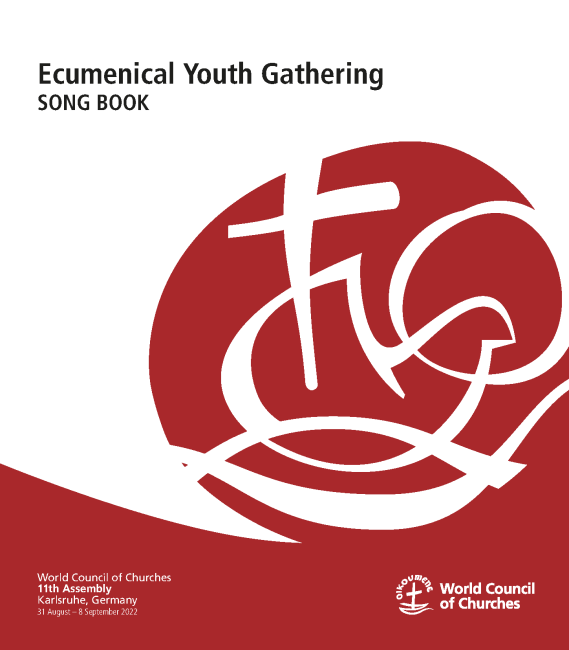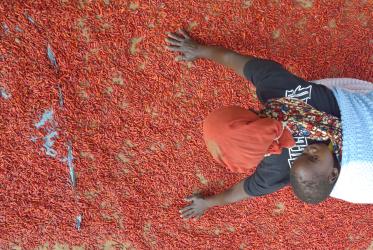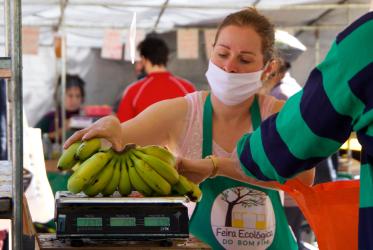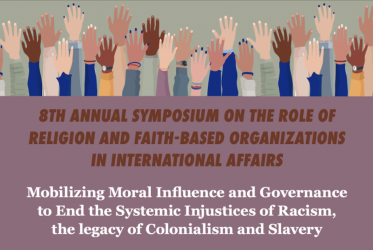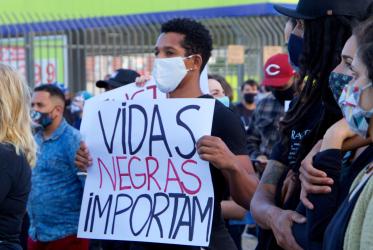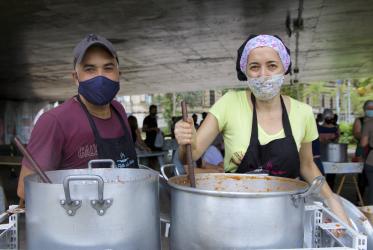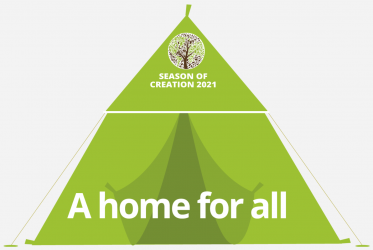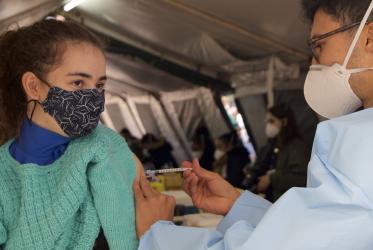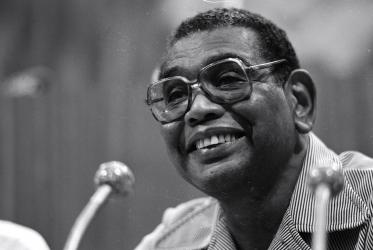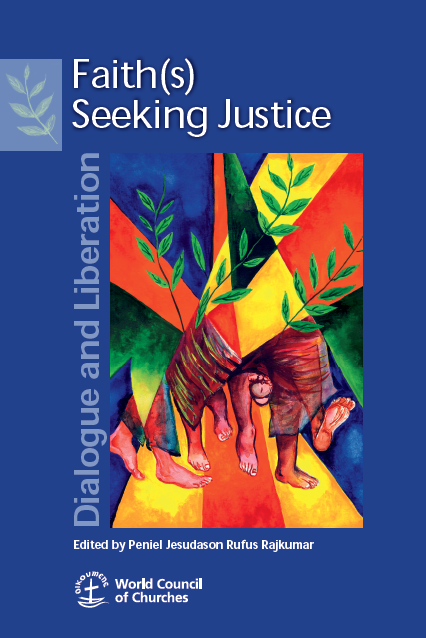Displaying 21 - 40 of 125
Invitation to Journey Together on Matters of Human Sexuality
15 August 2022
Ecumenical Youth Gathering Songbook
14 August 2022
Called to Transformation - Ecumenical Diakonia
09 June 2022
Inter-Orthodox Pre-Assembly Consultation
09 - 16 May 2022
Thursdays in Black Online Bible Study: Difficult Paths
09 December 2021
WCC pre-Assembly consultation on Overcoming Racism, Racial Discrimination and Xenophobia
06 - 10 December 2021
Geneva, Switzerland
Webinar: Sustainable food systems to overcome hunger
08 October 2021
Season of Creation 2021
01 September - 04 October 2021
Webinar - Intergenerational conversation will commemorate 50 years of WCC’s interreligious inroads
01 July 2021
https://us02web.zoom.us/webinar/register/WN_dwi_li4JTI6FRzEaqGeqvw

